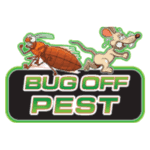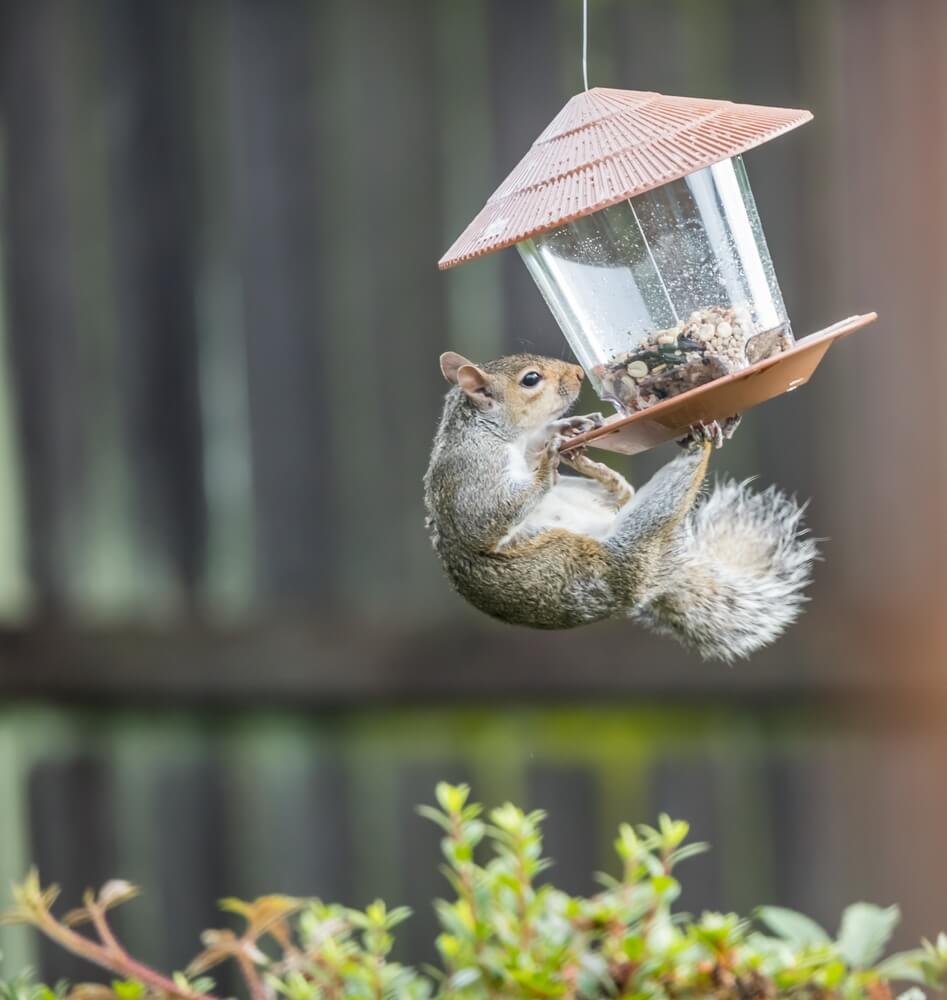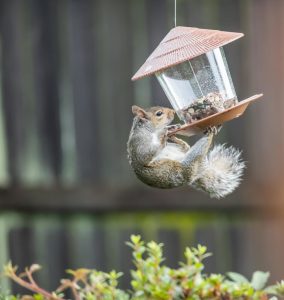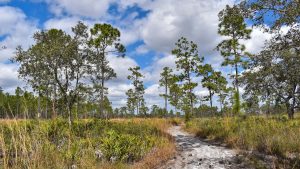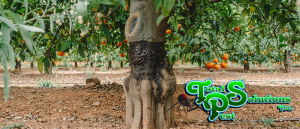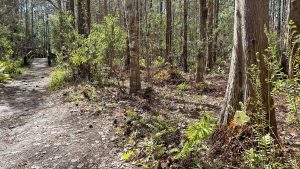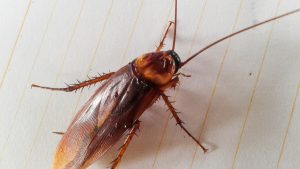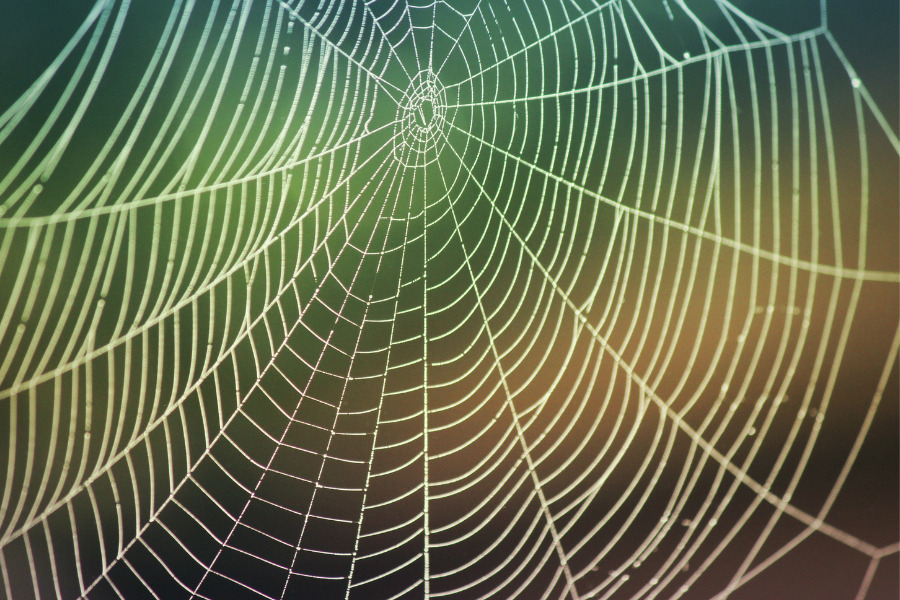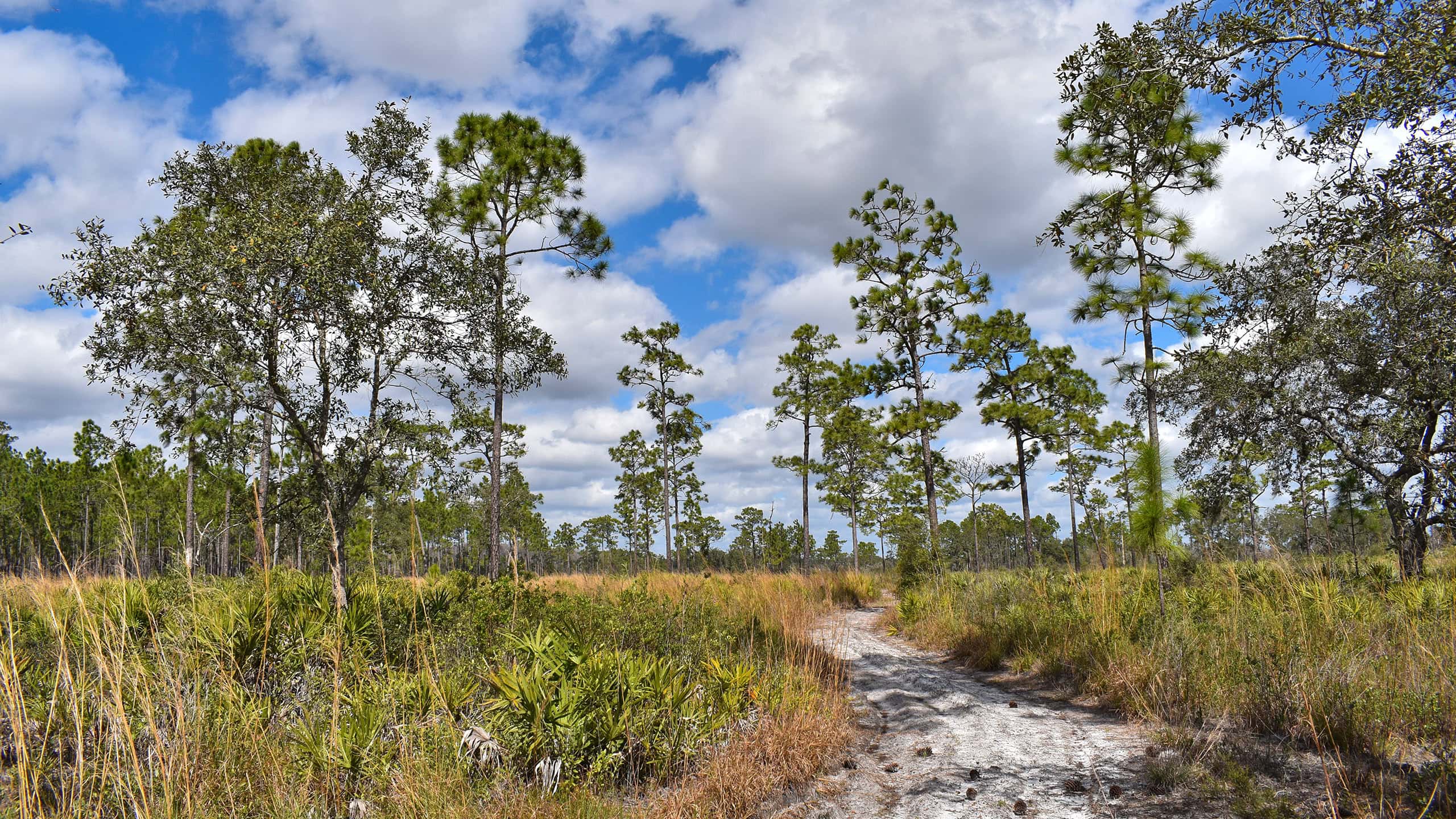With their fluffy tails and curious antics, squirrels can be a lot of fun to watch as they scamper around outdoors. However, these furry critters can be more than just an entertaining nuisance — they can do some very real damage. From stealing all the seed from bird feeders to gnawing on wires, roof vents, and insulation, squirrels can wreak havoc on your property.
Learning about the foods that attract squirrels and the typical squirrel diet can help you better protect your garden, landscaping, and home from these frisky invaders.
What Do Squirrels Eat in the Wild?
If you’re like many people, you might associate squirrels mostly with nuts and seeds. Although they do collect nuts and store them away for cold weather months, the squirrel diet is more diverse than you may realize. These fluffy rodents are what’s known as opportunistic eaters that consume a mix of plants and other foods they can access easily.
Natural Food Sources for Squirrels
Squirrels do consume plenty of seeds, nuts, tree flowers, buds, mushrooms, and other plant-based foods. However, the preferred diet varies by species:
Gray Squirrels
Acorns
Berries
Maple seeds
Insects
Red Squirrels
Black walnuts
Pine cones
Other seeds/nuts
Flying Squirrels
Acorns
Seeds
Nuts
Small mammals, such as mice and other squirrels
Seasonal Changes in Squirrel Diet
In the wild, squirrels’ food sources vary greatly with the seasons. That’s why you may see them collecting nuts like walnuts and acorns and storing them for their food supply during the winter months. During spring, summer, and even early fall, squirrels often eat insects, other small animals, fruits, and vegetables, including apples, tomatoes, apricots, oranges, berries, avocados, and succulents. During winter, they typically munch on their stored stashes of nuts and seeds, the buds and bark of conifer trees, fungi, and deciduous tree seeds.
How Squirrels’ Diet Leads Them into Yards and Gardens
Squirrels are opportunists that will eat nearly anything they can find that contains nutrition. If your yard or garden contains tantalizingly delicious options, these items will attract them to your property. Once there, they will likely do more than just nosh on a quick meal. They can do real damage to gardens, landscaping, and buildings as they frolic and munch.
Foods That Attract Squirrels
If you have a garden, fruit trees, or bird feeders, you are almost certain to attract some bushy-tailed friends to your property. Even without obvious food sources, flower bulbs, green plants, and insects could also draw them nearby.
Potential Damage Caused by Squirrel Feeding Behavior
As squirrels forage across your property, they can damage trees, including ornamental fruit trees. They also tend to damage grass as they establish their hiding spots, and chowing through bird seed sometimes scares the actual birds away.
Even more problematic, however, is their gnawing habit. Like all rodents, squirrels’ teeth continually grow. To manage this growth, they gnaw on just about anything, including wiring, structural elements, roofing, and more. They could also gain entrance to buildings, often after chewing through siding. Once inside, they may store their food and build their nests to raise their young. Additionally, squirrels can be hosts to parasites like ticks and fleas and introduce these pests into your living spaces.
Why You Should Avoid Feeding Squirrels
Although many people enjoy feeding squirrels and other wildlife, you could be doing more harm than good. Not only could you be encouraging these cute but destructive critters to move in and call your property home, but you could also be inadvertently harming them.
The Risks of Encouraging Unwanted Behavior
Squirrels can carry diseases and destroy your property. Encouraging them to stick around increases the odds of a human-squirrel encounter or an encounter with squirrel-borne pathogens. It also may inadvertently encourage them to do more damage to buildings and other parts of the property that they call home.
Impact on Squirrel Behavior and Health
Some foods, including peanuts and corn, don’t offer much nutritional benefit to squirrels. Other human foods, which squirrels will still eat, can weaken them or cause them to become sick. Another issue is the risk of causing them to become reliant on you as their food supply. If they lose their natural instincts to forage and gather food, they may struggle to find other food sources and suffer or even die if you stop feeding them.
Preventing Squirrel Access to Food Around Your Home
Deterring squirrels and preventing them from gaining a steady food supply in or around your home can save you from future headaches. Taking a proactive approach will empower you, keep your property and its inhabitants safer, and reduce the risk of harmful encounters.
Securing Outdoor Food Sources
Gardens and fruit trees can be a plentiful food source for these scampering critters. Consider installing cages or wire mesh to protect crops and plants. Pick up fallen fruit as soon as possible and remove bird feeders from close proximity to your home. You might also try natural squirrel repellents like hot sauce or placing thorny plants near those you want to protect to try to keep squirrels away.
Physical Barriers to Keep Squirrels Out
Protecting your property requires a comprehensive approach. Sealing entry points around outbuildings and your home, adding screens to chimneys and vents, and trimming tree branches at least eight feet from the roof can help. You might also consider installing Cat-Guard Wildlife Exclusion Systems, which are permanent, rigid barriers that offer safe, chemical-free protection for vulnerable structures.
Professional Pest Control Solutions for Squirrel Problems
If restricting food access, adding physical barriers, and implementing other DIY measures fail to remedy the situation, it’s time to call in the professionals. A DIY approach can often end up costing more than it’s worth along with soaking up lots of time and even potentially posing a danger.
Long-Term Squirrel Management Strategies
Long-term success requires a multi-faceted approach. Professionals have the expertise necessary to not only remove squirrels from your home, but also assess the situation and provide preventative recommendations. If squirrels get inside, you will also need thorough cleaning and disinfection, which technicians can provide after ensuring all wildlife has been evicted.
For Assistance with Squirrels, Contact Catseye Pest Control
Understanding the natural diet of squirrels and the types of foods that attract them is only the beginning. Stop feeding squirrels in your backyard and take the necessary steps to protect your home, property, and health. Contact Catseye today to learn more about our professional services or to schedule a free inspection to get started.
The post What Do Squirrels Eat? A Comprehensive Guide to Squirrel Diets appeared first on Catseye Pest Control.
